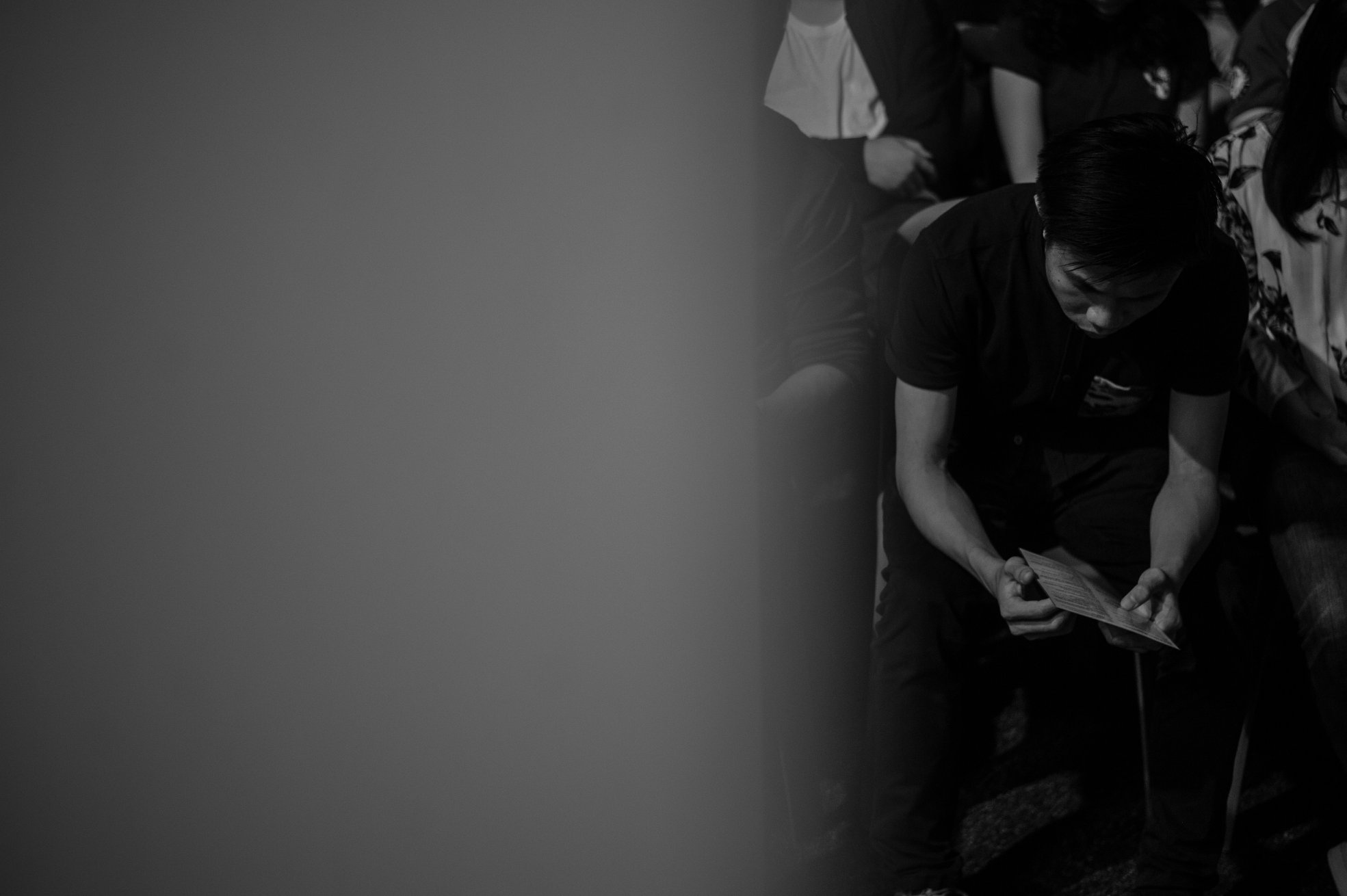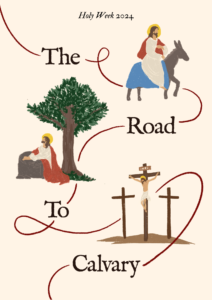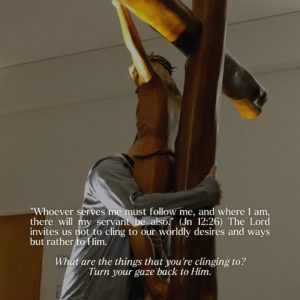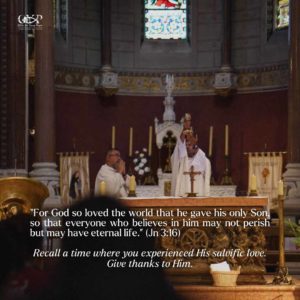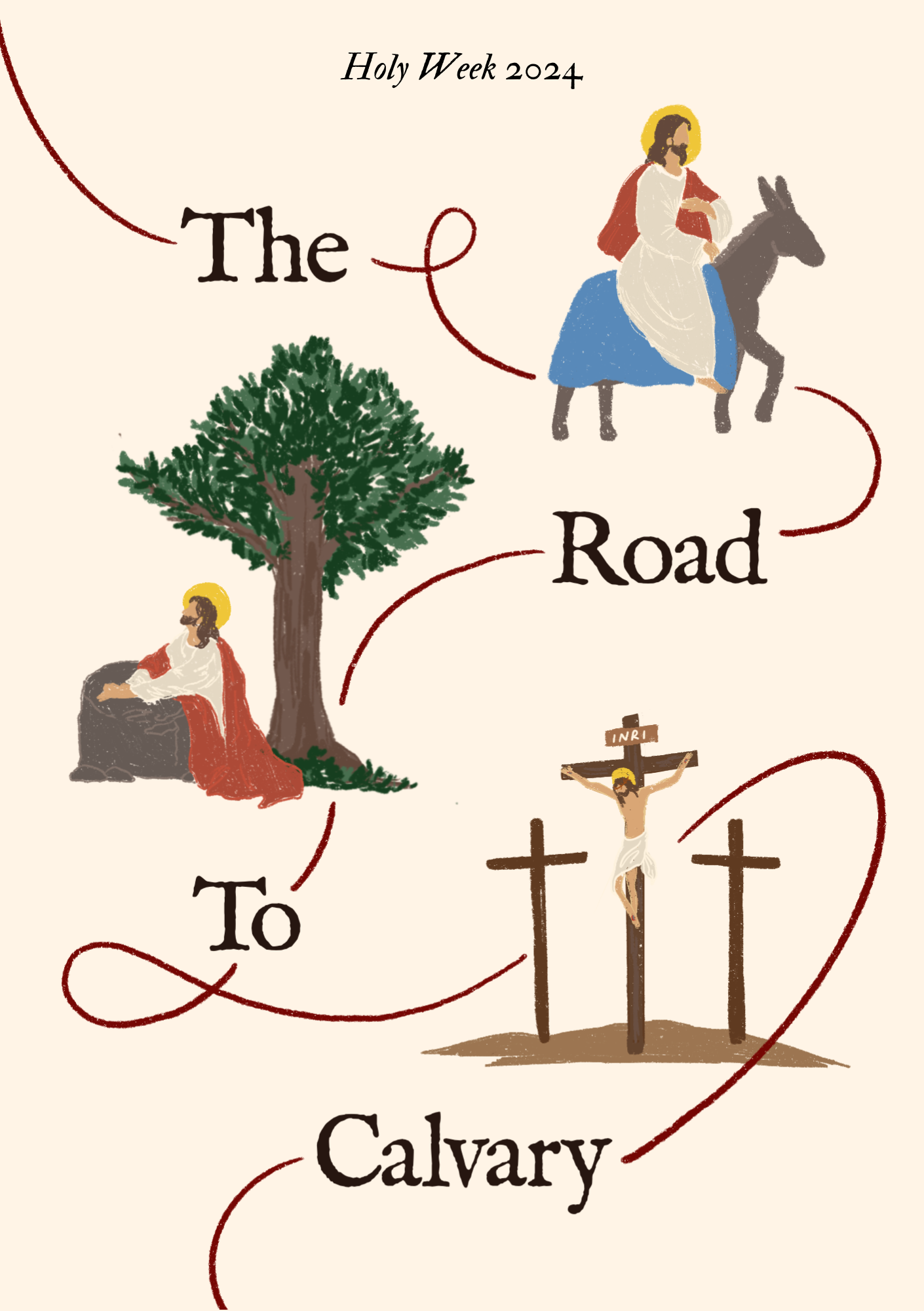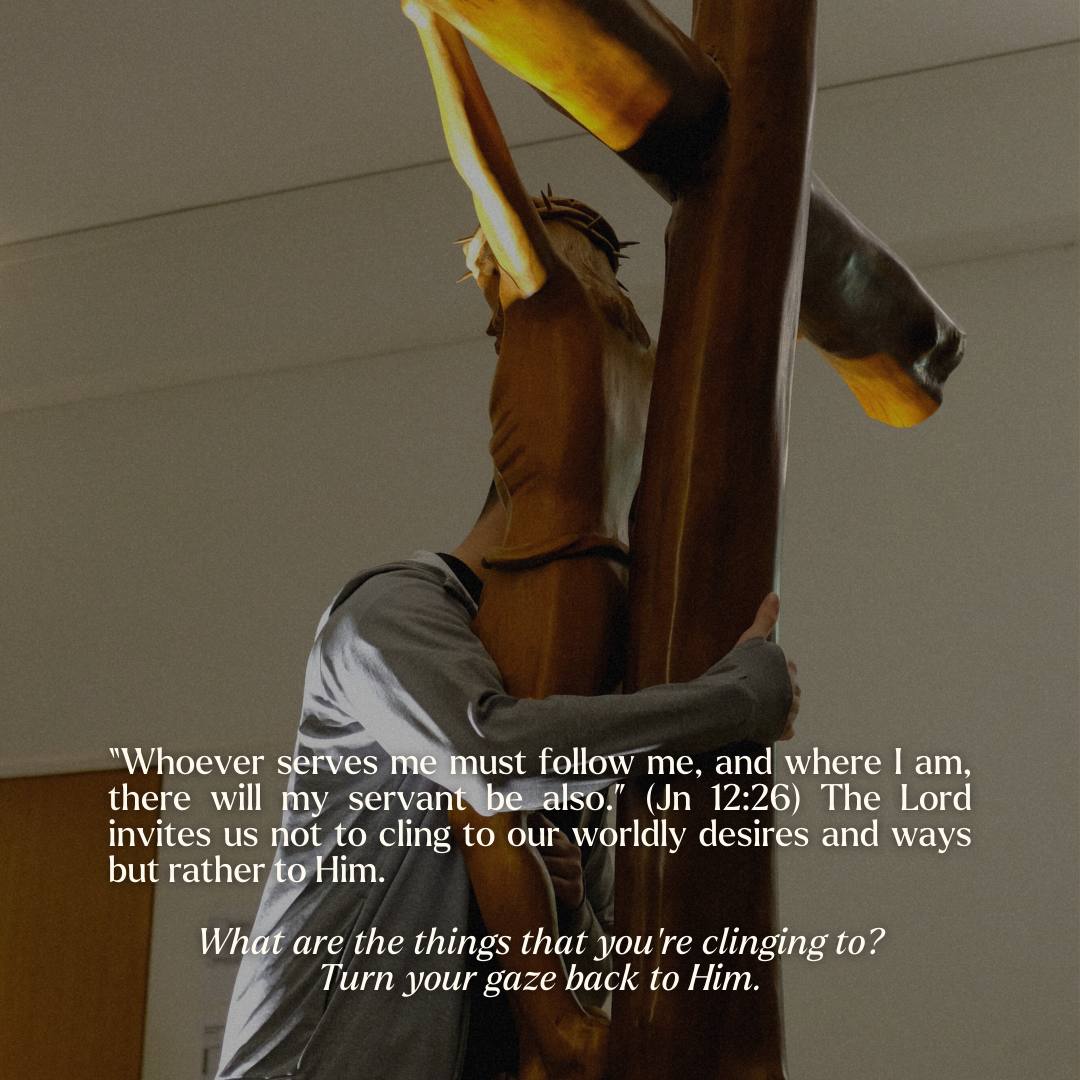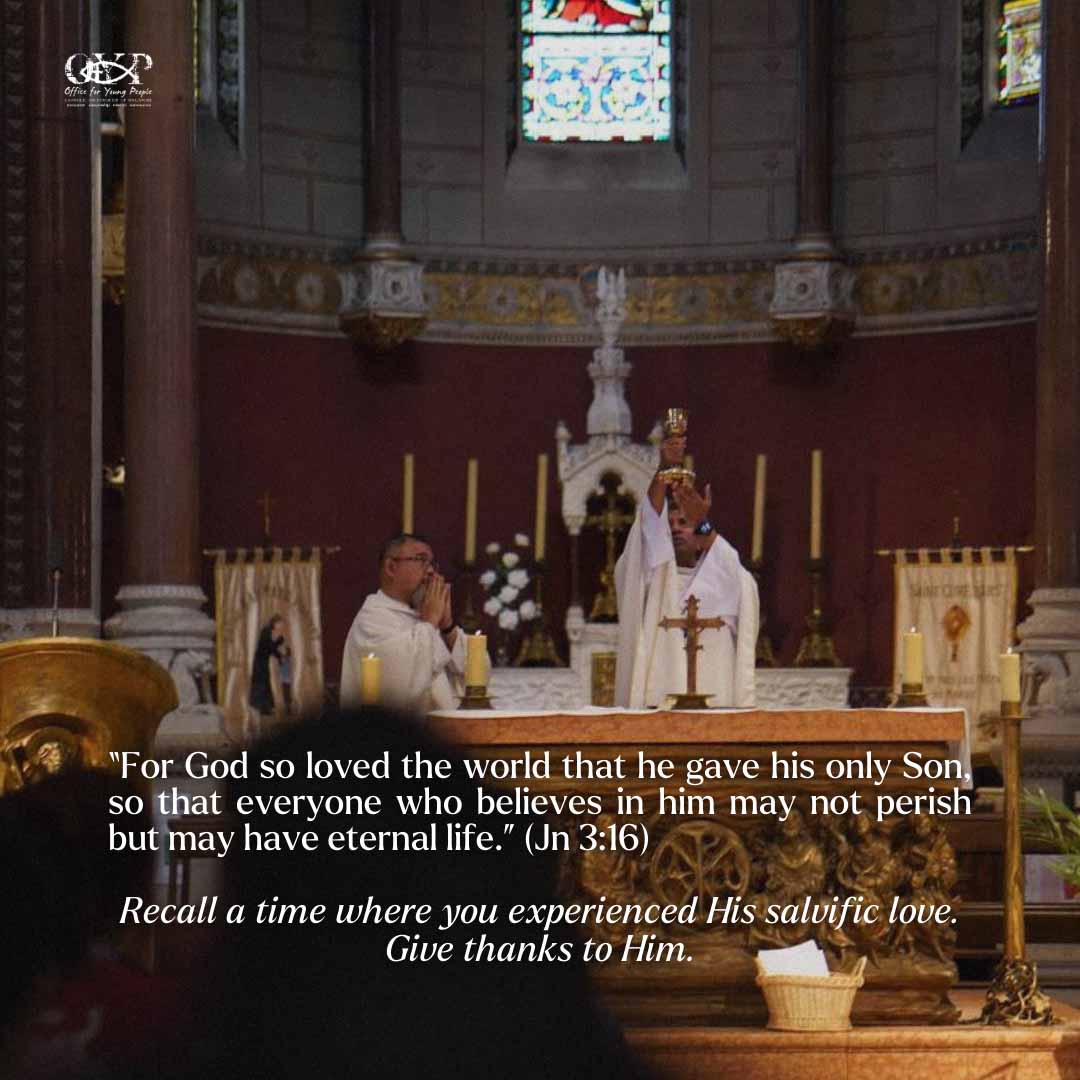by Brian Jeremy Thian
“Is God willing to prevent evil, but not able? Then he is not omnipotent. Is he able, but not willing? Then he is malevolent.
Is he both able and willing? Then whence cometh evil? Is he neither able nor willing? Then why call him God?” (Epicurus)
How can suffering and evil exist, if we profess a faith in a God who is all-knowing, all-loving, and all-powerful? Surely, he knows about these things, should want to, and should be capable of intervening? There are some in the fields of Philosophy and Theology who have attempted to answer this question, but inevitably, it seems, their arguments fall short.
When I attended a basic Philosophy course last semester, the lecturer brought us through some of the arguments for how to reconcile the existence of God with the existence of evil. The only argument that the lecturer didn’t completely poke holes in was the Hidden Necessity Defence, which basically goes like this: Maybe all these bad things that happen (even to good people) are for the best, but we simply do not, or cannot understand why.
However, this reflection has less to do with the defence of God’s existence, and more with how an intellectual arrival at the existence of God can be convincing, but inadequate in bringing us comfort when we are the ones experiencing that great pain or suffering.
“Sitting with” Pain
In her song, Crooked Lines, Corrinne May writes:
“I’ve had days as dark as smoke
When it hurt too much to hope
And it felt like the pain would never endSearching for answers but finding jokes
Limping along the winding road
Certain He left me all alone.When it’s hard to trust that there’s a greater plan
Like a child I’ve got to just hold His hand.God writes straight with crooked lines
He takes the mess we make in life
Turns our groaning into perfect rhyme
Hidden by the veil of time
The message of His love’s design
God writes straight with crooked lines”
And later:
“It’s hard to see the picture
when we’ve got our head to the ground
But the vision is perfect
from Heaven looking down
There’s a reason for every detour
and every scar
His mercy has always been
written in the stars.”
For the person familiar with the Hidden Necessity Defence, as mentioned earlier, this seems like nothing new, albeit dressed up with more eloquent trappings. However, something about the words and the music bring me more comfort than a mere concept or argument. Something stays with me amidst sadness, loneliness, and frustration, and reminds me that God’s love and power are much bigger than myself. But knowledge of certain truths does not mean that this suffering goes away instantly, and it’s still not a good feeling to have to go through all that, especially if there is no end in sight.
So what do we do with this pain? Ignore it? Suppress it? Pretend it’s not there? Perhaps the first step is to admit that it’s there. Accepting the situation that you are in and the way that it makes you feel can remove some of the power that it has over you.
And then… what? After admitting that my problems and struggles may be bigger than me, then how do I move forward? Every fibre of my being wants to search for a solution, to start working towards solving that “problem”. But sometimes matters of the heart have no solution. And that’s okay, even if it doesn’t make you feel better.
A phrase I often hear in the context of Ignatian Spirituality is to “sit with it”, whether this “it” is a thought or an emotion – even if this “it” may seem inappropriate or “wrong”. I was once told that this “sitting with” was very much like sitting in a room with a person. You don’t have to embrace it, but neither do you have to shun, run away from, or condemn it. And I think this holds very much true with grief, with pain.
As my sister once told me, when there is loss, there should be time to grieve. This brings closure, and over time, healing. On the other hand, to try to convince everyone that “I’m okay, perfectly better”, is often not only not helpful, but at times even counter-productive. It’s okay not to be okay, and it’s okay to allow yourself to be sad if you are sad.
Getting through Pain
“Okay”, you say, “so I admit that there is pain but I still remain stuck and this isn’t a good feeling.” At the risk of stating the obvious, dealing with pain is, well, painful. How can one get through (not get rid of) periods of pain and suffering? I have a few tips that have helped me, and I hope that they help you too.
1. Remember who you are, and more importantly, whose you are
When we are suffering, it may be easy to remain fixated on how small we feel compared to our problems. We may lose sight of who we are as individuals and, more importantly, forget that God is bigger than any struggle, brokenness, or sin we may have. I find that doing things that are consistent with my own character helps me not lose myself, even as I acknowledge my situation and the place that I am in.
For me, that means continuing to greet bus uncles, and the many cleaning and gardening staff working in and around school. What this tip is not about is putting on some front of normalcy or happiness when this isn’t the case. It’s more like trying not to let whatever happened erase or overshadow who I am, or worse, define me.
And beyond this, I think that perspective helps, and that means remembering that my value and dignity come not from anything on this earth, but from my identity as a child of God, made in His image and likeness. To base my identity on that which is unchanging, as opposed to what I do or say, or even what others say or think about me.

However, if my experience of taking exams is anything to go by, the reality is that memory can fail you when you need it most. Ha ha. Jokes aside, though, stress and sadness can make truths hard to remember, and that’s where Tip #2 comes in.
2. Surround yourself with reminders that God loves you
I’ve come to realise that in my own struggles, one clear sign of God’s love for me has always been the community that God places in my life. In times when I feel worthless, dirty, or irreparably broken, my mind knows that these are all lies, but my heart needs a bit of help to catch up. I am immensely grateful to the friends who have taken the time at different points to hear me out, to process my emotions and struggles, and who’ve received my messages of: “I’m so sorry to bother you, but could you please help me pray for… (insert intention here).” When I cannot myself find the strength, even the desire to pray, God sends angels my way, as I’m sure He does for you too.
Also, prudence is recognising that as I continue to journey through life, there will be other times when I feel this stuck, and so I keep on Spotify a playlist called “I am Loved“ for the times when I need some reminders. These songs aren’t explicitly happy or cheerful, or sugarcoat life. Rather, they recognise that life is tough, but that there is still hope, because I am loved by Love Himself.
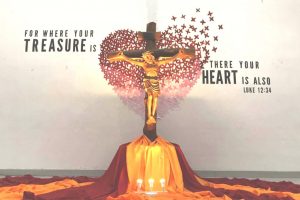
In addition, reading through notes or affirmations can be very helpful in helping you see your own goodness and loveable-ness in times when you can’t recognise or remember it yourself. So keep these “lifelines” close, whether on your phone, or as printouts to be kept for when you need a little boost of love in your life.
3. Do things which give you life – body, soul, and spirit
Under this point, the clichéd answers easily come to mind – maintain your prayer life and continue to frequent the Sacraments (or begin to do so, if this isn’t a habit). But the clichéd answers are not just exercises we are meant to go through the motions for; they are sources of much-needed grace. This grace may not necessarily feel immediately empowering, but not being able to see or feel something hardly means that it isn’t there.
Ask anyone who’s been out in the sun for a whole day in a cool country, maybe during spring. They may not feel warm during the experience, but I guarantee their skin will still end up tanned, since UV is still present even if you can’t see or immediately feel it. Only seeing or feeling the effects later, after it’s had some time to set in, is what I’ve come to accept as something common between unexpected sun tans and receiving graces from the Sacraments.

I cannot, on this point, understate the importance of eating and sleeping well, drinking enough water, and getting in some exercise. I have noticed for myself, that my mood and the regulation of my mood are highly correlated to how well I’ve been taking care of my physical body. In addition, I’ve found it immensely helpful to do things I enjoy, especially gardening, serving the youth in parish, and feeding people.
On this point, though, just two words of caution. Firstly, be careful not to hide behind these hobbies or passions to the point that they become addictions in themselves, limiting your freedom instead of adding to it. Secondly, the things which you take part in should not be with the explicit aim of deriving your own happiness by putting others down. To this end, pity parties or ranting sessions wishing harm upon harm on the people who have hurt you are not helpful. These may give you a quick burst of pleasure, but often leave you feeling emptier than you began.
4. Be patient, take things one day, one step at a time
As I stated at the beginning of this section, none of these are solutions to suffering, but rather, strategies to help us cope better. They are not silver bullets to completely eliminate the pain that you feel, nor are they meant to be. I know not fully why suffering must exist or why I, and you, my friend, must suffer. But insofar as we must endure it, pray that we may be patient: with God, with ourselves, and with the people around us. There will be good days, not-so-good ones, and some really bad ones, but we can grow from experiencing pain, if we learn to unite it with the suffering of the one who suffered and died for our sakes.
And this sometimes means allowing not just time, but space to heal as well. If you really don’t want to be around people, then find solace in solitude (being alone with God), and when you’re ready, find people that you enjoy spending time with. If you’re angry or sad, give yourself the space to experience these emotions, but be careful not to let them morph into their deceptively similar cousins, hatred and despair.
I pray that this reflection may grant you a little light in the midst of yours – past, present, and future – and that you too may experience relief and hope even amidst darkness.
Ad Majorem Dei Gloriam!

New wine is a four-part series on sailing through the storms of life with Jesus, especially when it feels like He is fast asleep (Mark 4:38). When the weight of the world crushes our being and we feel abandoned by the Lord, we are invited to trust that He is truly breaking new ground and making new wine in our lives. We praise God for moving the hearts of four young people to courageously pen down their experiences walking through troubled times with the Lord. Their hope and ours is that you too may find safety and confidence in Jesus, our Emmanuel – God who is with us.

